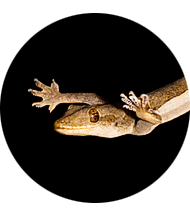
Lizard tails and gecko feet inspire industries, students
UC Berkeley discoveries about these agile and sticky reptiles have sparked product ideas ranging from rescue robots to sports gear. And they have captured the research imagination of undergraduate and graduate students.
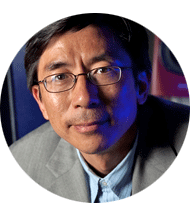
Quieting the ringing in the ears
A UC Irvine bioengineer, with help from a suffering patient, developed an MP3 player-like device to ease, or even silence, the debilitating noise that afflicts people with tinnitus.
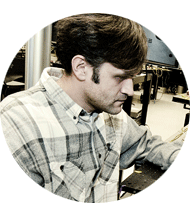
Technologies that can change lives now moving beyond the lab
From flowing massive amounts of digital information to healing pain, scientists in UC's Proof of Concept program are pushing innovations and speeding technology transfer.
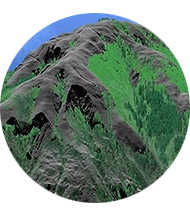
Remote sensing: placing nature at our fingertips
Researchers at UC Natural Reserve System locations use sensors to map land, track animals and collect environmental data.
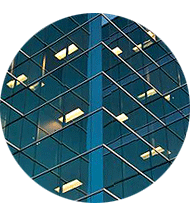
Lighting it up, efficiently
Buildings use up to two-thirds of the electricity in the U.S. A UC startup company is developing innovative technologies to curb skyrocketing electrical consumption, energy costs and greenhouse emissions.
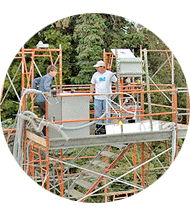
There's something in the California air
UC professors built and worked in towers as part of the largest single atmospheric research effort in the state. The data they've collected will guide policymakers dealing with air pollution.
Building the bridge of engineers and environmentalists
A global network, Engineers for a Sustainable World, is now headquartered at UC Merced. Students work on innovative projects from supplying solar-generated electricity to villages in India to replacing polluting diesel fuel on international cargo ships.
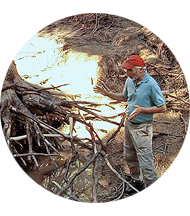
Getting to the root of the water cycle
In a remarkable outdoor laboratory in the Sierra, UC Merced and UC Berkeley researchers use sensors to gather a mother lode of data to greatly improve ecological measurement and hydrologic forecasting.
UC scientists again top NAS membership
Fifteen UC scientists were among new members elected May 3 to the prestigious National Academy of Sciences. As in previous years, more UC faculty were elected than all other public universities combined.
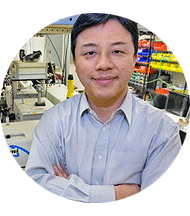
Pushing innovations to industry's doorstep
A tiny laser that could enable smaller and faster smart phones and tablets. A glucosamine-like supplement that targets the underlying cause of multiple sclerosis. These are among research projects getting a boost this year from a UC grants program. The Proof of Concept grants help move UC research out of the lab and to commercialization.
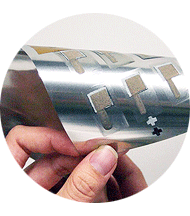
Building batteries and bridges
With moral and monetary support, including a UC Proof of Concept Grant, two UC grads have formed a company to create 'printable' batteries that are efficient, environmentally friendly and could be made as small as a postage stamp.
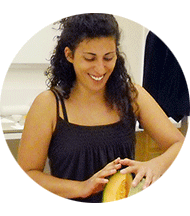
'Artificial nose' knows the ripeness of fruit
UC Davis researchers are applying the same science used to sniff out illegal drugs to smelling and picking out the freshest melons.
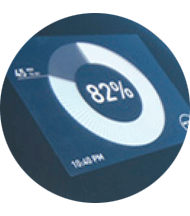
Smarter power
As the nation's power system ages and grows insufficient, UC researchers are building a smarter, greener electric grid for the future.
Rising stars of science
Five UC graduate students and postdoctoral researchers were among innovators named 'Rising Stars of Science: The Forbes 30 under 30.'
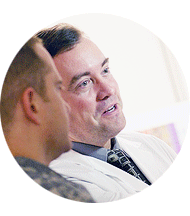
Proving a concept and leaping the `valley of death`
An instrument to quickly detect traumatic brain injury, a vaccine to save unborn calves from a deadly bacterium and a technology to clean up grimy water are among research projects getting a boost from a new UC program. New grants will help move critical research out of the lab and into the market.
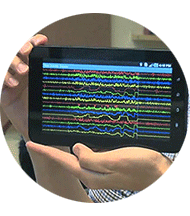
Listening in on the brain
UC San Diego scientists are developing technology that links thoughts and commands from the brain to computers. In addition to neat gadgets like mind-dialed cell phones, devices to assist the severely disabled and a cap to alert nodding-off air traffic controllers, new technology could reshape medicine.
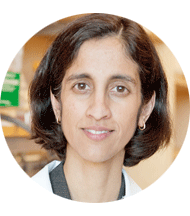
Big help in small packages
UCSF bioengineer Tejal Desai builds medical implants, with parts as tiny as human cells, that may be used to treat diabetes, kidney failure and other diseases.
Graduate student researchers mix technology and humanity
Graduate students are at the heart of UC research. And many package their expertise, creativity and compassion to tackle and solve key problems in California and beyond.
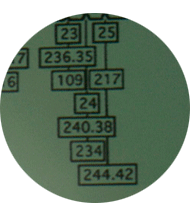
UC and national labs tackle pressing safety issues with innovative research
A unique collaboration between a law professor and chemist to use forensic science to investigate potential weapons of mass destruction and a novel way to monitor carbon emissions in urban areas are among new projects funded by the UC Laboratory Fees Research Program.
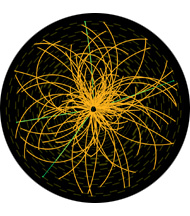
Higgs boson: UC physicists mattered in historic search
UC scientists spearheaded key experiments in what some call the 'Holy Grail' discovery in physics: a new particle that may prove to be the long-sought Higgs boson.
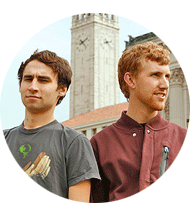
Turning big ideas into solutions
UC's Center for Information Technology Research in the Interest of Society (CITRIS) rewarded teams of students for developing innovative tools that may prove handy for politics, health care and seeking social services.
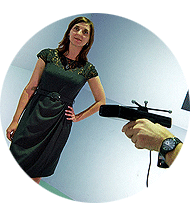
Getting the bigger and fuller picture
UC San Diego experts in 3-D imaging refine virtual reality devices to generate detailed and reliable models of spaces, people and objects. These will be valuable tools to other researchers, including archaeologists.
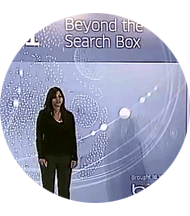
Trimming time in the stacks
A sophisticated text-analyzing tool developed by a UC graduate student could speed literary searches for humanities scholars and other researchers.
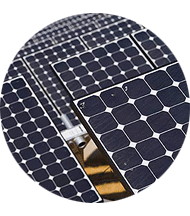
Putting the crown on solar power
Someday, solar power will provide all the energy homes and buildings need for electricity, heat and cooling. Scientists at UC Solar, a multicampus research institute based at UC Merced, are helping to make that day come true.
Students step up global sustainability research
UC Merced engineering students do real world research, in California and India.
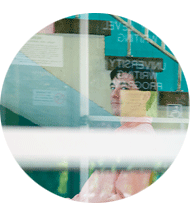
From pantographs to nanosoldiers
Colin Milburn of UC Davis has investigated how the early history of nanotechnology was influenced by ideas from science fiction. He also studies how scientists use video game hardware and software to run experiments.
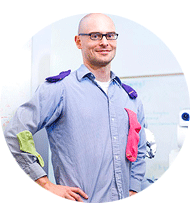
The physics of folding clothes
Pieter Abbeel and his UC Berkeley students have developed a robot to help out with laundry. At the Center for Information Technology Research in the Interest of Society, their aim now is to expand the robotic repertoire to aid surgeons.